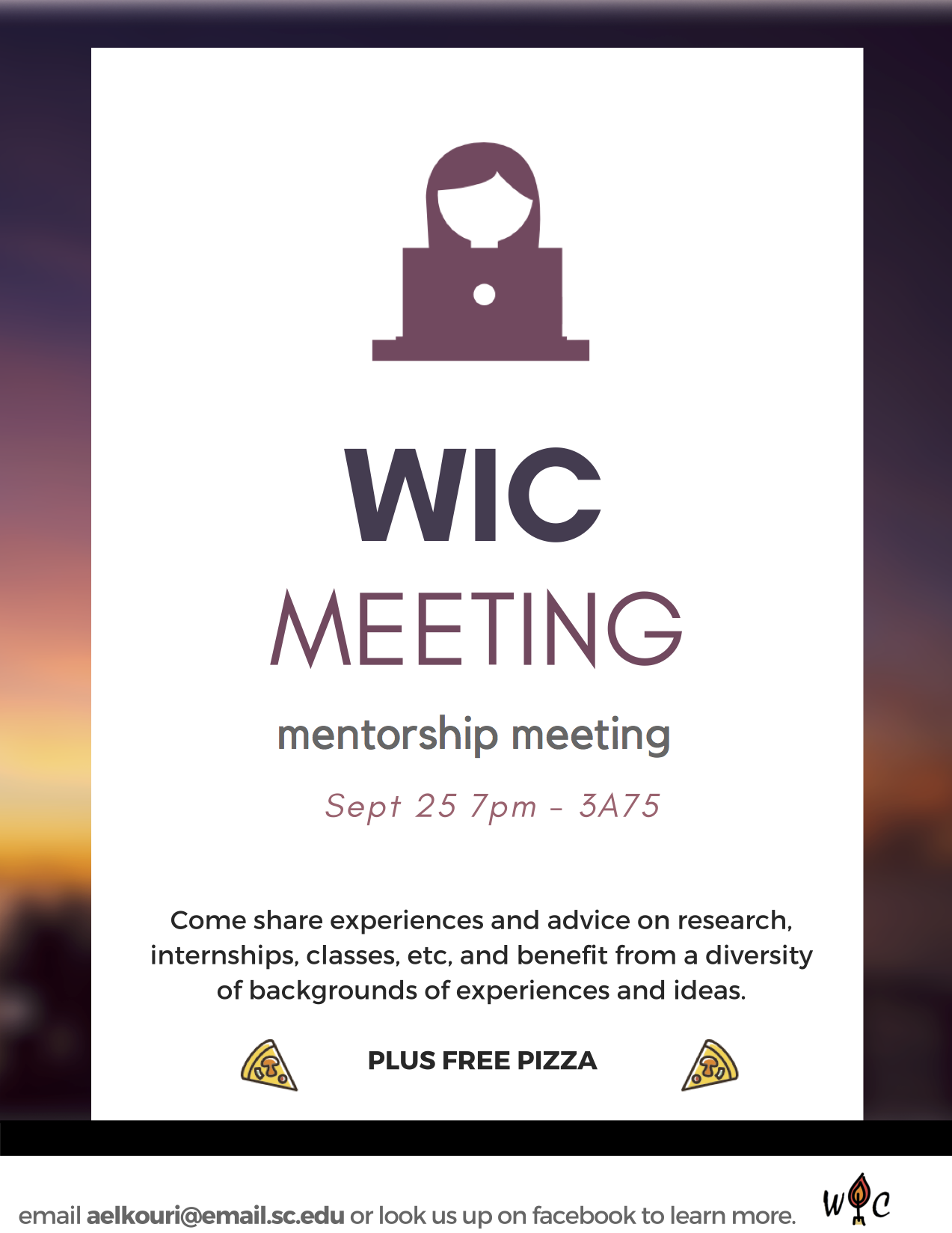Error Correction Mechanisms in Social Networks: Implications for Replicators
- 4 views
Friday, September 29, 2017 - 02:20 pm
Speaker: Dr. Matthew Brashears, University of South Carolina (Department of Sociology)
Abstract: Humans make mistakes but diffusion through social networks is typically modeled as though they do not. We find in an experiment that efforts to correct mistakes are effective, but generate more mutant forms of the contagion than would result from a lack of correction. This indicates that the ability of messages to cross “small-world” human social networks may be overestimated and that failed error corrections create new versions of a contagion that diffuse in competition with the original. These results are extended to a nascent general theory of replicators explaining how error correction mechanisms facilitate rapid saturation of a search space. A simulation model and preliminary results are presented that are consistent with this prediction.
Bio: Matthew E. Brashears is an Associate Professor of Sociology at the University of South Carolina. His work crosses levels, integrating ideas from evolutionary theory, social networks, organizational theory, and neuroscience. His current research focuses on linking cognition to social network structure, studying the effects of error and error correction on diffusion dynamics, and using ecological models to connect individual behavior to collective dynamics. He is also engaged in an effort to model values and interactional scripts in an ecological space using cross-national data, with the goal of generating a predictive model of cultural competition and evolution. His work has appeared or is forthcoming in Nature Scientific Reports, the American Sociological Review, the American Journal of Sociology, Social Networks, Social Forces, Advances in Group Processes and Frontiers in Cognitive Psychology, among others. He has received grants from the National Science Foundation, the Defense Threat Reduction Agency, the Army Research Institute, the Army Research Office, and the Office of Naval Research. He is one of two new co-editors for the journal Social Psychology Quarterly, and currently serves as an officer in the American Sociological Association’s Social Psychology Section.
